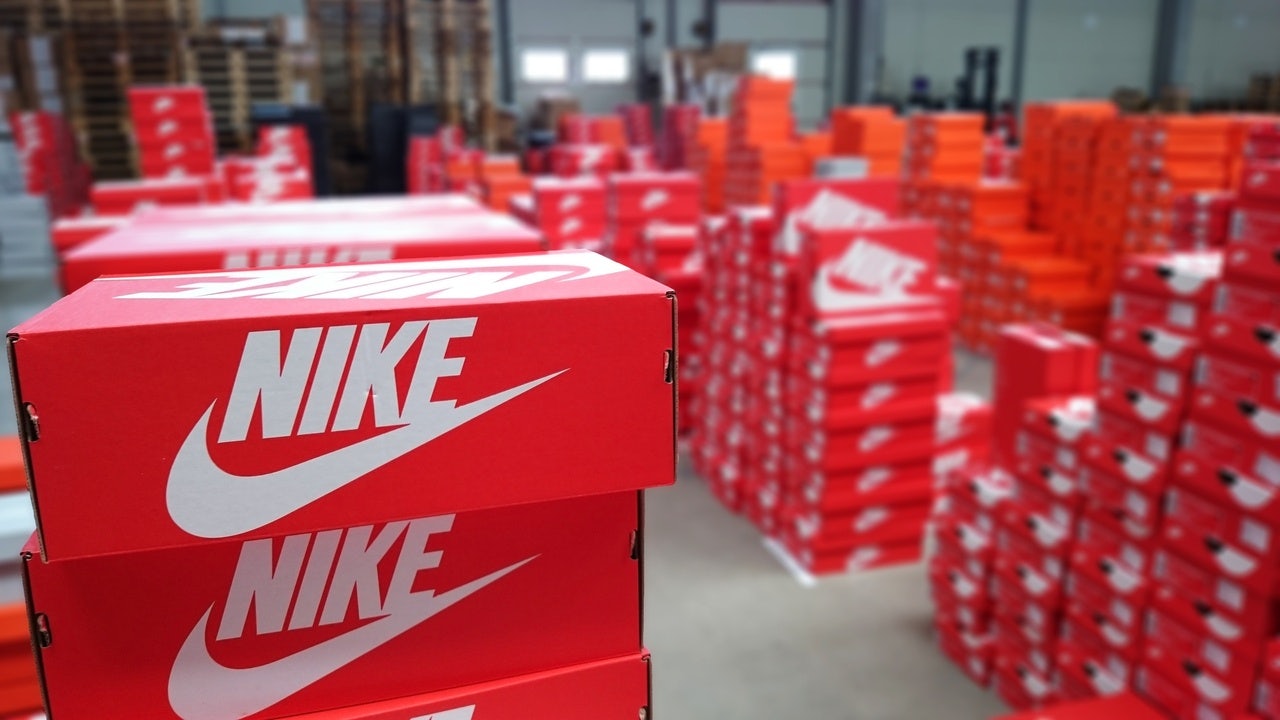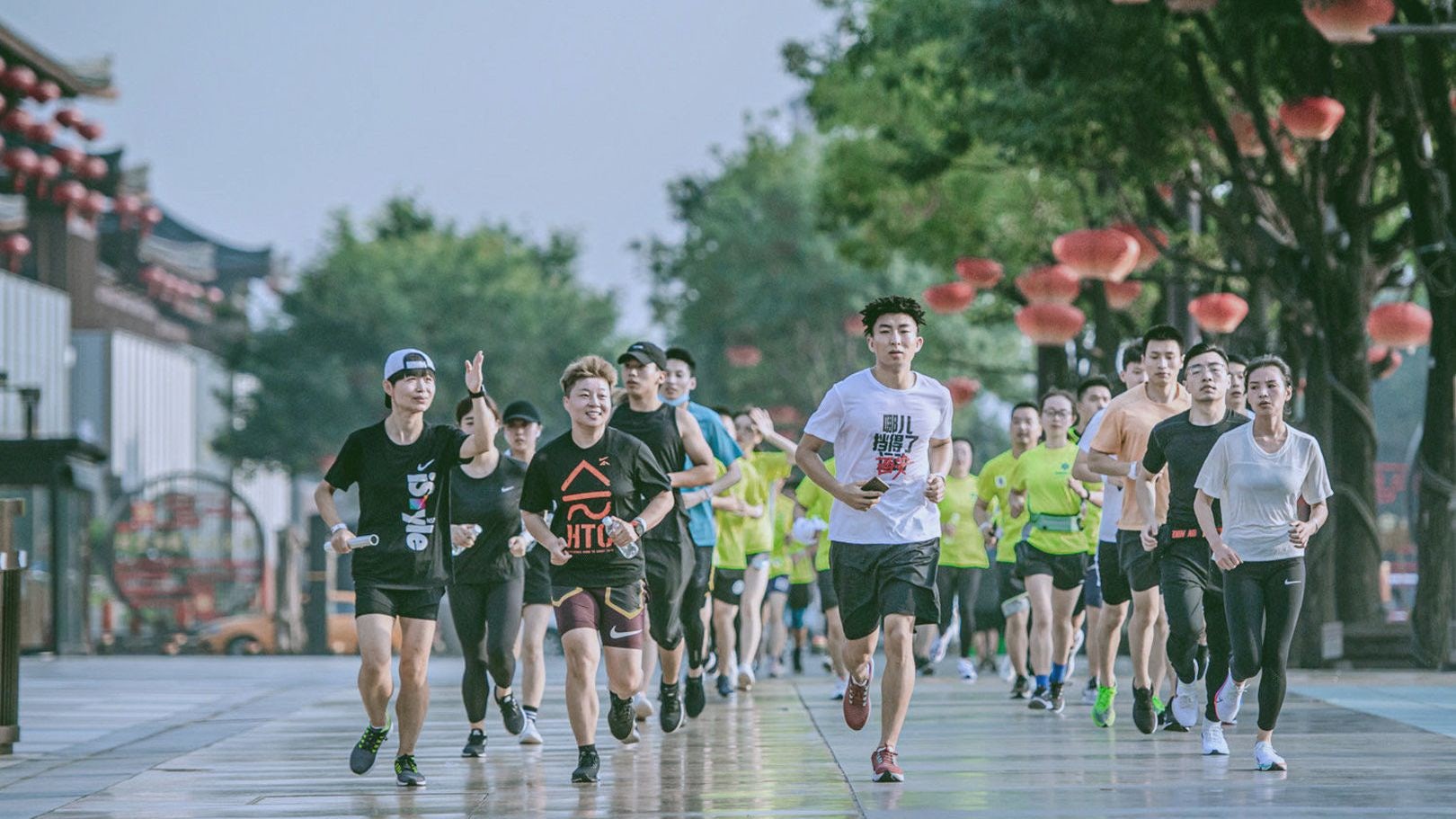What happened
On December 8, the United States House of Representatives overwhelmingly passed a bill, 428 votes to 1, that would ban imported products made in China’s Xinjiang region unless companies can proactively prove that no forced labor was involved. However, the legislation’s fate is uncertain as major businesses — including Nike, Coca-Cola, and Apple — lobby the Senate to weaken provisions, arguing that the requirements would disrupt global supply chains. This comes after the US Customs and Border Protection barred all Xinjiang-sourced cotton and tomato products from entering the country in January, causing a Uniqlo shipment to be seized.
The Jing Take
The Biden Administration’s latest move could further cripple relations between the US and China. Already, tensions are high after Washington announced that it would not be sending representatives to the Beijing Winter Olypmic Games over concerns about China’s treatment of Uyghurs, to which Beijing ominously responded that boycotting nations “will pay the price for their mistaken acts” and repeatedly denied repression of the Muslim minority group.
On the flip side, global brands have grown quiet on this issue. After suffering Chinese consumer backlash in March — causing missed sales, lost brand ambassadors, and censorship on TV programs — fashion names have scrubbed ties to the Better Cotton Initiative and refused to make public statements on Xinjiang cotton. Burberry, which took a hiatus from Weibo from March to July, has had an easier time bouncing back, with mainland sales jumping more than 55 percent compared to pre-pandemic levels in the first quarter. In contrast, sportswear players continue to feel the heat; in October, adidas was down 49 percent from a year ago on Tmall, while Nike saw the smallest gains from China (previously its biggest revenue driver) in Q1 2022.
If the bill were to pass through the Senate, it could force companies with substantial supply chains in China to make costly changes in how they operate. For starters, proving that products involve no forced labor is no easy task, with Chinese government restrictions making it difficult for firms to independently audit working conditions. Moreover, the region is responsible for a significant portion of the world’s cotton. In fact, China Daily reported that despite the US ban, Xinjiang’s cotton production actually grew 53.7 percent year-on-year to 4.74 billion in the first nine months of 2021. In other words, Xinjiang-made cotton is still finding its way onto US shelves, and recent papers have linked industry players like Macy’s, PVH Corp., Gap, and Everlane to intermediaries that source from there.
While the White House pushes the message that there cannot be “business as usual” in China, it seems that businesses do not feel the same way. With Chinese consumers driving rebound during the pandemic, brands will have to find a way to juggle new regulations and global cries for transparency without alienating the world’s second largest economy. Yet doing both feels like a lose-lose situation: for human rights and future China growth.
The Jing Take reports on a piece of the leading news and presents our editorial team’s analysis of the key implications for the luxury industry. In the recurring column, we analyze everything from product drops and mergers to heated debate sprouting on Chinese social media.


